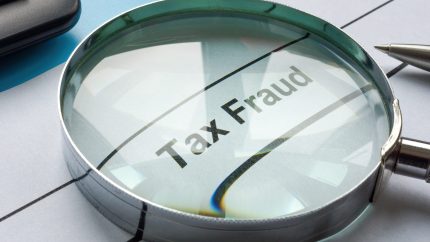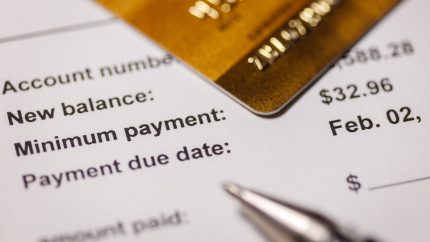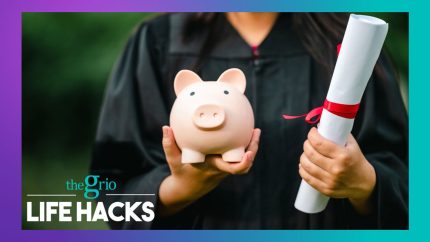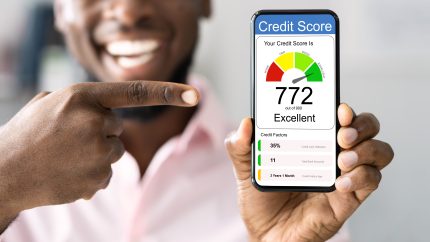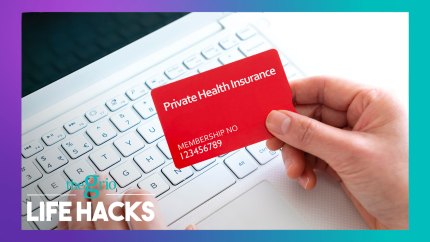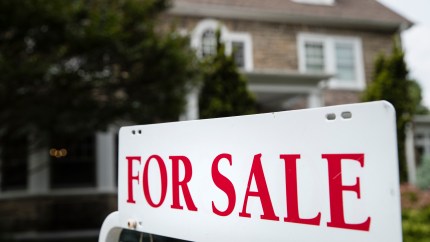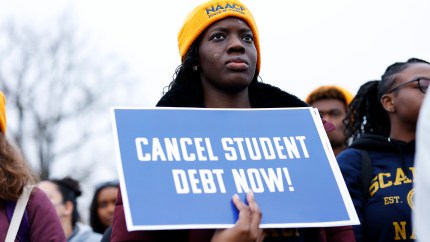What 3 money moves should you make in a high-interest-rate environment?
With the Federal Reserve freezing interest rates at a 23-year high, what moves can maximize your money?
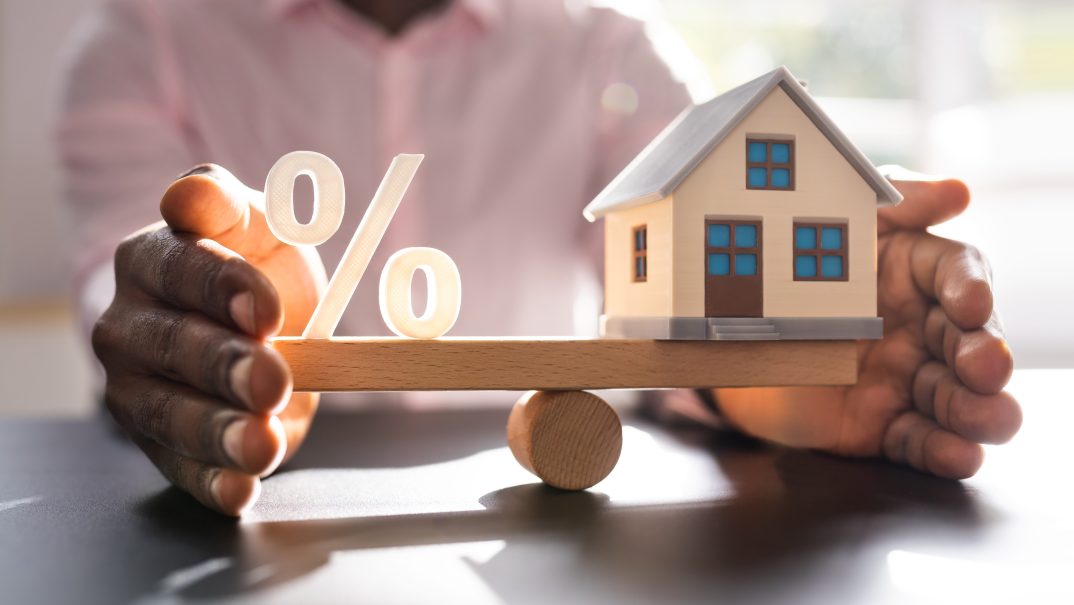
If you’ve been hearing a lot about interest rates, here’s the scoop: Over the past two years, the Federal Reserve drastically raised interest rates in an effort to curb rising inflation — and just made the decision to hold that 23-year high at least a few months more. However, while these higher rates may help slow rising prices, they also make it much more expensive for the average individual to borrow money for mortgages, credit cards, and personal loans.
The average mortgage rate is over 7%, while credit card interest rates can peak over 20%. Since it does not look like these interest rates will be going down anytime soon, saving money and getting out of debt should be a top priority.
What happens when the cost of borrowing increases
Higher overall interest rates have led to higher credit card interest rates; that means when you carry a balance, you are paying higher interest. It also means that if you are in debt, it may be harder to pay off the balance because the higher interest rate increases what you owe.
Not to mention, there has been an overall economic impact making everything more expensive. However, there is a bright side: higher interest rates are a good thing when it comes to saving.
Savings accounts are now earning much more considerable returns. Currently, the best high-yield savings accounts offer rates of over 5% with no monthly fees.
With that in mind, here are three strategic money moves to make in a high-interest-rate environment:
Prioritize getting out of debt
Make a plan, and focus on paying down debt with the highest interest rate first. This could be credit cards, personal loans, or even your car note. The balance on your credit card is often a good place to start, as many cards can easily carry an interest rate of over 20%.
The quickest way to pay yourself and give yourself a financial boost is to pay off debt. If you are carrying a credit card balance from month to month, you are not only paying high interest on the balance, but you are making it harder and harder to get out of debt. Keep putting it off, and you can find yourself in a debt cycle that can take a long time to get out of.
Increase your savings
With lingering inflation and higher consumer prices with no changes to the economy on the horizon, it makes sense to save more money. A high-yield savings account is a great place to start since you can grow your money quicker due to the higher interest rates these accounts offer.
Think about how you are saving money right now: Do you have an emergency fund? Although you might hear various experts state different amounts you should have saved in your emergency fund, a good target is to have enough money to cover six to nine months of living expenses — and I will tell you: with higher interest rates, lingering inflation and layoffs, shoot for a year. Nevertheless, always remember something is better than nothing. Also, keeping your emergency fund in a high-yield savings account allows you to earn more interest and grow your funds faster.
Recommended Stories
Hold off on making major purchases right now
Yes, houses are still on the market and cars are still being sold, but do you want to finance anything major at such high rates? If your goal is a new house or car or even a new kitchen appliance (refrigerators and dishwashers can be expensive), maybe save toward that goal for next year and keep an eye on interest rates.
The best thing you can do right now is save your money and be prepared for what comes down the road. Higher interest rates and higher prices on consumer goods should make saving and paying off debt your highest priority — and staying out of debt even more important.

Jennifer Streaks is Senior Personal Finance Reporter and spokesperson at Business Insider and a financial contributor at The Grio. A nationally recognized expert on money and affordable lifestyle living, Jennifer is an established financial columnist who has been featured on CNBC, Forbes, ABC, MSNBC, CBS, and more.
Never miss a beat: Get our daily stories straight to your inbox with theGrio’s newsletter.
